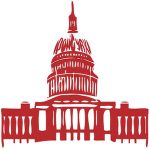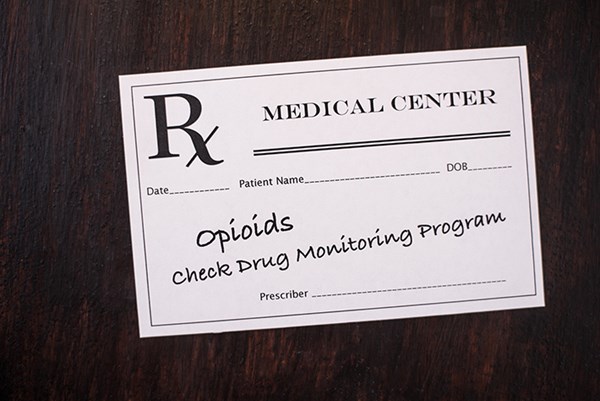Mandating use of prescription drug monitoring programs cuts opioids by up to 10%
Opioid prescriptions in the United States have been rising signiïficantly in recent years, leading to a rapid increase in non-medical use and a significant increase in opioid-related deaths. The opioid epidemic has become so severe that the Trump administration has declared it a national emergency. A recent study investigates mandating prescription drug monitoring programs (PDMPs) as a possible solution to the opioid epidemic. Preliminary data evaluating these programs has been associated with reduced prescribing of opioids and a decrease in opioid-related deaths. Despite promising results, participation of prescribers utilizing the monitoring programs remains low. In order to improve participation, many states have implemented mandates requiring that prescribers register and/or use their state's PDMP. This study evaluates the effects of these prescriber mandates.
The authors gathered data encompassing 46 states from 2011-2014 from the Medicaid State Drug Utilization Files from the Centers of Medicare and Medicaid Services. A comparison was made of opioid prescriptions and Medicaid spending per 100 Medicaid enrollees exposed to mandates and those not exposed to mandates. Results revealed mandates for registration and/or use of PDMPs lowered the prescriptions of Schedule II opioids by 9% to 10%. The average number of prescriptions of Schedule II opioids without mandates was 15.3 per 100 Medicaid enrollees; this decreased to 13.9 after implementation of mandates. As a result of these changes, the average Medicaid spending on Schedule II opioids per quarter per 100 enrollees decreased by 11% from $537 to $477.
Though this study shows modest improvement in the number of opioid prescriptions when providers are mandated to register for PDMPs, it is not clear that mandates were the cause of this improvement. Evaluating the barriers encountered by providers when utilizing PDMPs as opposed to mandating their use may represent an alternative approach. Physicians' time is already precious; mandating use of the PDMP imposes additional burdens. While PDMPs are important tools in combating the opioid epidemic, policymakers should focus on improving their incorporation into physician work flow instead on blindly mandating use.
ARTICLE: Wen H, Schackman BR, Aden B, Bao Y. States with prescription drug monitoring mandates saw a reduction in opioids prescribed to Medicaid enrollees. Health Aff (Millwood). 2017;36(4):733-741.
ABSTRACT: Prescription drug monitoring programs are promising tools to use in addressing the prescription opioid epidemic, yet prescribers' participation in these state-run programs remained low as of 2014. Statutory mandates for prescribers to register with their state's program, use it, or both are believed to be effective tools to realize the programs' full potential. Our analysis of aggregate Medicaid drug utilization data indicates that state mandates for prescriber registration or use adopted in 2011-14 were associated with a reduction of 9-10 percent in population-adjusted numbers of Schedule II opioid prescriptions received by Medicaid enrollees and amounts of Medicaid spending on these prescriptions. This effect was largely associated with mandates of registration, which were comprehensive in all adopting states, and not with mandates of use, which were largely limited in scope or strength before 2015. Our ï¬ndings support the use of mandates of registration in prescription drug monitoring programs as an effective and relatively low-cost policy. Future research should further assess the value of strong mandates of use to ensure safer and more appropriate prescribing of opioids.
PMID: 28373340
EMRA + PolicyRx Health Policy Journal Club: A collaboration between Policy Prescriptions and EMRA
 As emergency physicians, we care for all members of society, and as such have a unique vantage point on the state of health care. What we find frustrating in our EDs - such as inadequate social services, the dearth of primary care providers, and the lack of mental health services - are universal problems.
As emergency physicians, we care for all members of society, and as such have a unique vantage point on the state of health care. What we find frustrating in our EDs - such as inadequate social services, the dearth of primary care providers, and the lack of mental health services - are universal problems.
As EM residents and fellows, we learn the management of myocardial infarctions and traumas, and how to intubate, but we are not taught how health policy affects all aspects of our experience in the ED. Furthermore, given our unique position in the health care system, we have an incredible opportunity to advocate for our patients, for society, and for physicians. Yet, with so many competing interests vying for our conference education time, advocacy is often not included in the curricula.
This is the gap this initiative aims to fill. Each month, you will see a review of a new health policy article and how it is applicable to emergency physicians.



